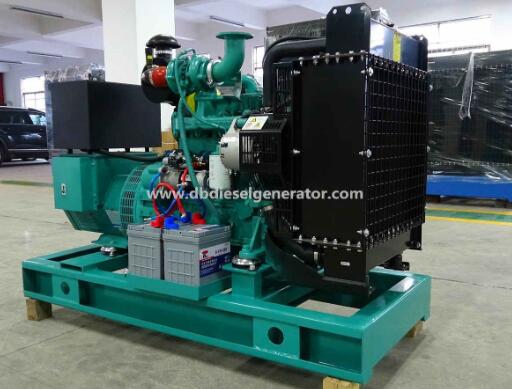In an increasingly electrified world, the need for reliable and efficient power sources has never been more critical. Diesel generators have long stood as a stalwart solution for various industries and settings, providing dependable power during outages or as primary sources in remote locations. Their versatility and robustness make them indispensable across a wide array of applications.
1. Emergency Backup Power: Ensuring Uninterrupted Operations
One of the most prominent uses of diesel generators is to provide emergency backup power. When the main grid fails due to natural disasters, equipment malfunctions, or other unforeseen circumstances, diesel generators swiftly step in to ensure continuity. Critical facilities such as hospitals, data centers, telecommunications networks, and emergency response centers rely on diesel generators to maintain essential operations, safeguarding lives and data.
2. Construction Sites: Powering Progress
Construction sites often lack access to reliable power infrastructure, but the work must go on. Diesel generators fill this gap, providing the necessary energy to power tools, machinery, lighting, and other equipment required for construction activities. Their portability and adaptability make them indispensable in rapidly changing work environments, supporting construction projects of all scales.
3. Industrial Manufacturing: Consistency in Production
Industries that engage in manufacturing, processing, and production demand a consistent power supply to maintain operations. Diesel generators play a vital role by acting as backup power sources in case of grid failures and voltage fluctuations. Their ability to provide uninterrupted power ensures that production lines keep moving, minimizing downtime and production losses.
4. Agriculture and Farming: Powering the Harvest
The agricultural sector heavily relies on diesel generators to power irrigation systems, barns, poultry farms, and other essential facilities. Farms situated in remote locations may not have reliable access to the electrical grid, making diesel generators a practical choice. These generators ensure that farming activities continue smoothly, from planting and nurturing crops to caring for livestock.
5. Remote Locations: Bringing Power to Isolation
In remote areas where conventional power infrastructure is absent or inadequate, diesel generators become lifelines. Research stations, mining operations, exploration camps, and off-grid communities rely on these generators to provide electricity for lighting, communication, refrigeration, and various other needs. Diesel generators adapt to the demands of these isolated environments, delivering power where it's needed most.
6. Events and Entertainment: Amplifying Experiences
Large-scale events, concerts, festivals, and outdoor gatherings demand substantial power to operate lighting, sound systems, stages, and vendor booths. Diesel generators are often deployed to meet these energy needs, ensuring that attendees enjoy a seamless and electrifying experience without disruptions.
7. Residential Backup Power: A Sense of Security
In residential settings, diesel generators serve as a backup power source, particularly in regions prone to frequent power outages. These generators provide homeowners with peace of mind, maintaining essential appliances, HVAC systems, and lighting during blackouts, enhancing comfort and safety for families.
8. Marine and Shipping: Navigating with Reliability
Diesel generators are also integral to the maritime industry, powering ships' systems, navigation equipment, lighting, and communication devices. Their durability, efficiency, and ability to operate for extended periods make them a preferred choice for marine applications.
Conclusion
Diesel generators are not just power sources; they are lifelines that support diverse applications across industries and settings. Their unwavering reliability, efficiency, and adaptability have earned them a central role in safeguarding operations, enhancing productivity, and ensuring comfort. From critical facilities to remote corners of the world, diesel generators power our modern existence, illuminating the path to progress and resilience in an electrified era. Contact us for more information.

Comments
Post a Comment